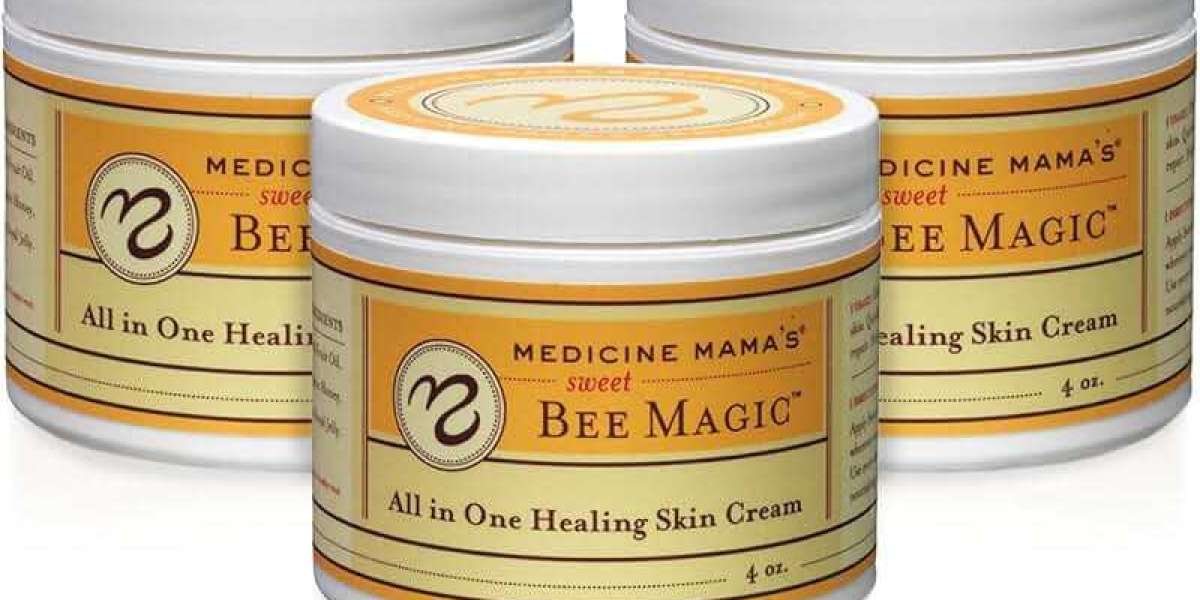Introduction
Bees are more than just buzzing visitors to your garden. They are tiny powerhouses behind some of the most essential functions in our ecosystem. From pollinating our crops to ensuring wildflowers bloom, bees support much of the life around us. In fact, nearly one-third of the food we eat depends on pollinators like bees. Their impact is far-reaching and yet often underestimated. This blog explores the incredible role of the sweet bee in our environment, the threats it faces, and what we can do to help protect these small but mighty creatures.
The Sweet Bee’s Role in Nature
Bees are central to the balance of our natural world. Their primary function is pollination the process of transferring pollen from the male part of a flower to the female part, allowing plants to produce fruits and seeds. This act supports biodiversity, helping wild plants grow and ensuring that animals that rely on those plants continue to thrive.
Bees are responsible for pollinating around 80% of all flowering plants, including more than 100 different food crops. Without them, many fruits, vegetables, and nuts would become rare or disappear altogether. Among the most well-known species are honeybees, which live in colonies, bumblebees that are excellent cold-weather pollinators, and solitary bees that do important work on their own.
The Science of Pollination
The "sweet bee" plays a critical role in maintaining agricultural success and ecological stability. As it moves from bloom to bloom in search of nectar, the sweet bee unknowingly carries pollen, enabling fertilization and fruit development. This seemingly simple act is the backbone of food production and biodiversity.
The sweet bee’s contribution is not just limited to food crops. Pollination also supports flowering plants that help prevent soil erosion, filter air and water, and offer habitats for wildlife. In short, bees are engineers of healthy ecosystems.
More Than Just Honey
When most people think of bees, they think of honey—but these industrious insects offer much more. The sweet bee contributes to the creation of countless crops, such as apples, almonds, blueberries, and pumpkins. Their role ensures high yields and better-quality produce.
In addition to pollination, bees produce valuable by-products like beeswax, royal jelly, and propolis. These are used in everything from skincare products to candles and traditional medicine. The honey they make, aside from being delicious, contains antibacterial properties and has been used for centuries as a natural remedy. The sweet bee, quite literally, enriches our lives.
Threats Facing Our Tiny Miracle Workers
Despite their vital role, bee populations are in serious decline worldwide. Pesticide use—especially neonicotinoids—disrupts their nervous systems and impairs navigation. Habitat destruction due to urbanization and monoculture farming leaves bees with fewer places to forage and nest.
Another major concern is Colony Collapse Disorder (CCD), where entire colonies suddenly vanish. While the exact cause is complex, a combination of stressors including parasites, disease, and climate change is believed to be responsible. These threats endanger not only bees but the stability of entire food systems.
How You Can Help the Sweet Bees
Fortunately, there are several ways you can help protect the sweet bee. Creating a bee-friendly garden filled with native flowering plants offers crucial foraging grounds. Avoid using synthetic pesticides or herbicides, especially during bloom times when bees are active.
Supporting local beekeepers and buying organic or pesticide-free produce helps promote bee-friendly farming practices. Even simple actions like placing a shallow water dish with pebbles in your yard can give bees a safe place to drink. Education is also key sharing knowledge about bee conservation can inspire others to take action.
Conclusion
The sweet bee is more than a garden guest it’s a nature-made miracle worker. Through their hard work, bees pollinate the plants that feed us, clothe us, and sustain wildlife. They are essential to biodiversity and global food security. Yet, their survival hangs in the balance. By taking small, intentional steps, we can ensure that these incredible insects continue to thrive and work their magic in the world.Let’s recognize the sweet bee not only for the honey it gives but for the life it helps sustain. Every flower planted, every pesticide avoided, and every voice raised in awareness makes a difference. Together, we can protect nature’s tiny miracle workers for generations to come.








